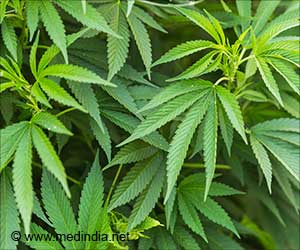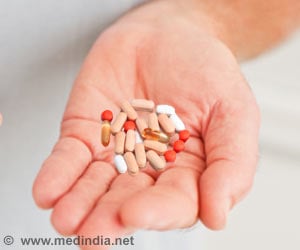Heavy and binge drinking may change DNA, leading to an even greater craving for alcohol, stated new research.

TOP INSIGHT
People who drink heavily may be changing their DNA in a way that makes them crave alcohol even more.
Scientists at Rutgers and Yale University School of Medicine focused on two genes implicated in the control of drinking behavior: PER2, which influences the body's biological clock, and POMC, which regulates our stress-response system.
By comparing groups of moderate, binge and heavy drinkers, the researchers found that the two genes had changed in the binge and heavy drinkers through an alcohol-influenced gene modification process called methylation. The binge and heavy drinkers also showed reductions in gene expression, or the rate at which these genes create proteins. These changes increased with greater alcohol intake.
Additionally, in an experiment, the drinkers viewed stress-related, neutral or alcohol-related images. They also were shown containers of beer and subsequently tasted beer, and their motivation to drink was evaluated. The result: alcohol-fueled changes in the genes of binge and heavy drinkers were associated with a greater desire for alcohol.
The findings may eventually help researchers identify biomarkers - measurable indicators such as proteins or modified genes - that could predict an individual's risk for binge or heavy drinking, said Sarkar, who works in the School of Environmental and Biological Sciences.
 MEDINDIA
MEDINDIA




 Email
Email







